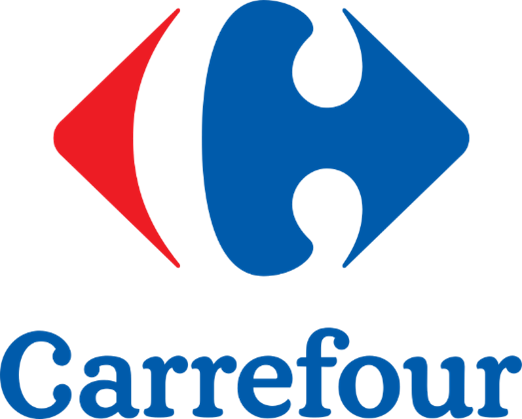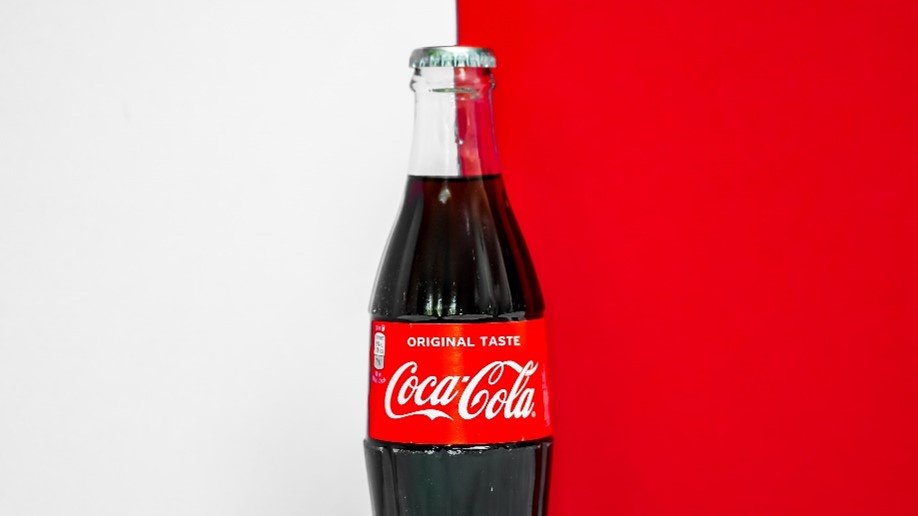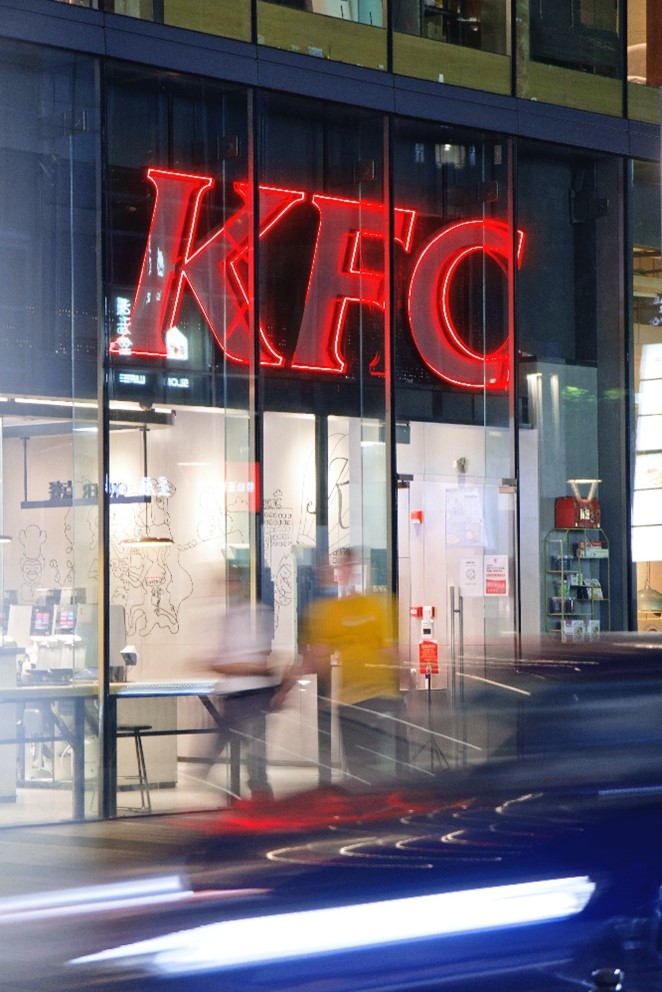Legal notice
Protection of privacy
Who is responsible for gathering data on this website?
The data on this website are processed by the website publisher. Their details can be found on the website’s contacts page or on the same page under the heading entitled “Note regarding the entity responsible for this website”.
How do we gather your data?
The data recovered will include those that you disclose to us. These may be data that you enter in a contact form, for instance.
Other data will be gathered automatically via our computer systems when people view the website. These are primarily technical data (e.g. Internet browser, operating system, or time when the page was requested). These data will be gathered automatically as soon as you enter our website.
What do we use your data for?
Some of the data are gathered in order to ensure the optimal operation of the website. Other data may be used to analyse your behaviour as a user.
What rights do you have over your data?
You have the right to receive information regarding the origin, addressee, and use of your stored personal data free of charge at any time. You also have the right to ask for these data to be corrected, blocked, or deleted. You may contact us at the address shown on our contact page for this reason, and regarding any other questions about data protection. Furthermore, you have the right to appeal to the relevant supervisory authority.
Analytical tools and third-party tools
When you view our website, your browsing behaviour may be retrieved and analysed in the form of statistics. This process is primarily conducted using cookies, and with so-called analytics programmes. The analysis of your browsing behaviour is usually anonymous; your browsing behaviour does not enable you to be tracked personally. You may object to this analysis, or prevent it by not using certain tools. Detailed information may be found in the following confidentiality policy.
You may object to this analysis. We will inform you about the objection options in this confidentiality policy.
General information and mandatory information
Confidentiality policy
The publishers of these pages take the protection of your personal data extremely seriously. We process your personal data in a confidential manner, in accordance with the Data Protection Regulation and this confidentiality policy.
A variety of personal data will be gathered if you use this website. Personal information is information that identifies you personally. This confidentiality policy explains what information we gather, and why we use it. It also explains how this happens, and for what purpose.
We underline that the transmission of data over the Internet (e.g. in a communication via email) may display security flaws. Fully protecting these data against access by third parties is not possible.
Note regarding the entity responsible for this website
This website is published by Nomen International, which has its registered office at 102, rue du Faubourg Saint-Honoré – 75008 Paris, and is registered on the Paris Trade and Companies Register under the following No.: 333 344 687.
Telephone: 01 42 68 21 00 | Email address: contact[AT]inter-check[DOT]com
hereinafter the “Publisher”.
The Managing Editor is: Marcel Botton
Contact email address: contact[AT]inter-check[DOT]com
hereinafter the “Managing Editor”.
This website is hosted by OVH, which has its registered office at 2 rue Kellerman – 59100 Roubaix.
Telephone: 09 72 10 10 07
hereinafter the “Host”.
The responsible entity is the private individual or legal entity that decides on the end-purposes and methods for processing personal data (e.g. names, and email addresses, etc.) either on a stand-alone basis or with others.
Withdrawal of your consent to the processing of your data
A large number of data-processing operations are only possible with your explicit consent. You may withdraw any existing consent at any time. An informal email message will be sufficient. The legality of the data-processing operations carried out up until the withdrawal will not be affected by that withdrawal.
Right to appeal to the relevant supervisory authority
In the event that the Data Protection Law is breached, the interested party has the right to appeal to the relevant supervisory authority. In the case of this website, the relevant supervisory authority is CNIL, information about which can be found at the following address: https://www.cnil.fr
Right to portability of the data
You have the right to recover any data concerning you that we process on the basis of your consent, or in the event of an agreement with a third-party entity. These data are in a standard format, which can be read by a machine. If you require the data to be transferred directly to another responsible person, this transfer will only take place to the extent that it is technically possible.
SSL or TLS encryption
This website uses an SSL protocol or TLS encryption for security reasons, and in order to protect the transmission of confidential content, such as the orders or requests that you send us, as the operator of the website. You can recognise an encrypted connection by changing the browser address line from “http://” to “https://”, and the lock symbol in your browser’s address bar.
The data that you send us cannot be read by third parties if the SSL or TLS encryption is activated.
Information, blocking, and deletion
You are entitled to receive information regarding your stored personal data, their origin and addressee, and the purpose for processing the data free of charge, and also have the right to correct, block, or delete these data, if required. For further information regarding personal data, you may contact us at the address shown on our contact page at any time.
Refusing advertising emails
The use of the information published in the context of our obligation to contact you in order to send unsolicited information is prohibited. The operators of the pages on this website expressly reserve the right to initiate legal proceedings in the event that unsolicited information is sent, e.g. via spam.
Gathering data on our website
Cookies
Most of our pages use cookies. Cookies do not harm your computer, and do not contain any viruses. The purpose of cookies is to make your browsing experience more user-friendly, efficient, and secure. Cookies are small text files that are stored on your computer, and stored by your browser.
Most of the cookies that we use are “session cookies”. They will automatically be deleted when you leave the website. Other cookies will remain stored on your device until you delete them. These cookies enable us to recognise your browser the next time that you view this website.
You can configure your browser so as to be informed about the cookie settings and to authorise cookies only in specific cases, to accept cookies in some cases or exclude them on an overall basis, and to activate the automatic deletion of cookies when closing the browser. Deactivating the cookies may restrict the functionalities of this website.
The cookies required to perform the electronic communication process, or to provide certain functions that you want to use (e.g. the basket function) are processed on the basis of Article 6.1.(f) of the GDPR. The website operator has a genuine interest in cookies being stored in order to provide services that are error-free, and optimal from a technical standpoint. If other cookies (e.g. cookies used to analyse your browsing behaviour) are stored, they will be processed separately as part of this confidentiality policy.
The server log files
The entity supplying the pages automatically gathers and stores information in the server’s log files, which your browser forwards to us automatically. This information is as follows:
- Type of browser and version of the browser
- Operating system used
- URL of origin
- Host name for the accessing computer
- Time when the server made the request
- IP address
These data will not be combined with other sources of data.
The gathering of this data is based on Article 6.1.(f) of the GDPR. The operator of the website has a legitimate interest in presenting their website in an optimal manner with no technical errors – the server log files must be recorded in order to do so.
Contact
If you send us requests via the contact form, the details of these requests, including any information that you have provided in the contact form, will be stored for the purpose of processing them at a later date, and in the event of further questions. We will not share this information without your consent.
The processing of the data entered in the contact form will therefore be exclusively based on your consent (Article 6.1. of the GDPR). You may withdraw this consent at any time. An informal email message will be sufficient. The legality of the data-processing operations carried out before the withdrawal will not be affected by that withdrawal.
The data that you have entered in the contact form will remain in our possession until you ask us to delete them, withdraw your consent to us retaining them, or remove the need to store them (e.g. once your request has been completed). The mandatory legal provisions – especially the retention periods – will remain unchanged.
Social media
Facebook plug-ins (Like & Share buttons)
Plug-ins provided by the Facebook social network, which is provided by Facebook Inc., 1 Hacker Way, Menlo Park, California 94025, USA, are included on our pages. The Facebook plug-ins may be recognised by the Facebook logo or by the “Like Button” on our website. An overview of the Facebook plug-ins can be found here: https://developers.facebook.com/docs/plugins/.
The plug-in establishes a direct link between your browser and the Facebook server when you view our pages. The information that Facebook receives is that you have viewed our website, and your IP address. If you click on the Facebook “Like” button when you are logged into your Facebook account, you can link the content of our pages to your Facebook profile. This means that Facebook can assign your viewing pages to your user account. As the supplier of the pages, we would remind you that we are not aware of the content of the data transmitted, and of their use by Facebook. For further information, please refer to Facebook’s confidentiality policy at the following address: https://de-de.facebook.com/policy.php.
If you do not want Facebook to link your viewing of our pages with your Facebook user account, please log out of your Facebook user account.
Twitter plug-in
Plug-ins from the Twitter service are included in our pages. These functionalities are available via Twitter Inc., 1355 Market Street, Suite 900, San Francisco, CA 94103, United States. If you use Twitter and the “Re-Tweet” function, the website that you view will be linked to your Twitter account and shared with other users. These data will also be forwarded to Twitter. As the provider of the pages, we would underline that we are not aware of the content of the data forwarded, and of their use by Twitter. For further information, please refer to Twitter’s confidentiality policy at the following address: https://twitter.com/privacy.
You may change your Twitter confidentiality settings in the account settings at the following address: https://twitter.com/account/settings.
LinkedIn plug-in
Our website uses the functionalities of the LinkedIn network. The providers are LinkedIn Corporation, 2029 Stierlin Court, Mountain View, CA 94043,United States.
Every time that you visit one of our pages that contains LinkedIn functionalities, the page will connect to the LinkedIn servers. LinkedIn will be informed that you have viewed our website, and of your IP address. If you click on the LinkedIn “Recommend” button, and are logged into your LinkedIn account, it is possible to assign your viewing of our website, you, and your account, to LinkedIn. We would remind you that, as website providers, we are unaware of the content of the data forwarded and of their use by LinkedIn.
For further information, please refer to LinkedIn’s confidentiality statement at the following address: https://www.linkedin.com/legal/privacy-policy.
Analytics and advertising tools
Google Analytics
This website uses the functions of the Google Analytics service. The provider is Google Inc., 1600 Amphitheater Parkway, Mountain View, CA 94043, United States.
Google Analytics uses cookies. These are text files that are stored on your computer, and enable the way in which you use the website to be analysed. The information generated by the cookies concerns your use of this website, and is usually forwarded to a server in the United States owned by Google, where it is stored.
The Google Analytics cookies are stored on the basis of Article 6.1.(f) of the GDPR. The operator of the website has a legitimate interest in analysing users’ behaviour, in order to optimise their website and their advertising.
IP anonymization
We have activated the IP anonymization function on this website. This means that your IP address will be truncated in European Union Member States, or in States that are party to the Agreement on the European Economic Area before it is forwarded to the United States. The full IP address will only be sent to a Google server in the United States, and shortened there in exceptional circumstances. Google will use this information in order to assess your use of the website, compile reports on the activity on the website, and to provide other services relating to the activity on the website and to the use of the Internet to the website operator, in the latter’s name. The IP address provided by Google Analytics in the context of Google Analytics will not be combined with other Google data.
Browser plug-in
You may prevent the storage of cookies via a setting in your website browser. However, please note that you may not be able to use all of this website’s functionalities if you do this. Furthermore, you may prevent Google gathering the data generated by the cookie and linked to your use of the website (including your IP address) as well as the processing of these data by Google by downloading the browser plug-in available via the following link: https://tools.google.com/dlpage/gaoptout?hl=fr.
Objecting to the gathering of data
You may prevent your data being gathered by Google Analytics by clicking on the following link. An opt-out cookie will be installed in order to prevent your data being gathered when you next view this website: deactivate Google Analytics.
For further information about the management of user data by Google Analytics, please refer to Google’s confidentiality policy at: https://support.google.com/analytics/answer/6004245?hl=fr.
The processing of orders
We have entered into a contractual data-processing agreement with Google, and fully incorporate the French authorities’ stringent data protection requirements when using Google Analytics.
Plug-ins and tools
Google Web Fonts
This website uses Web fonts supplied by Google, so that the fonts are displayed in a uniform manner. When you display a page, your browser will download the required Web fonts into your browser’s cache, in order to display the texts and fonts correctly.
The browser that you use must connect to Google’s servers in order to do so. As a result, Google will be informed that our website has been viewed via your IP address. The end-purpose of using Google Web Fonts is to present our online services in a consistent and attractive manner. This amounts to a legitimate end-purpose within the meaning of Article 6.1.(f) of the GDPR.
If your browser cannot handle the Web fonts, a default font will be used by your computer.
For further information about the Google Web fonts, please go to https://developers.google.com/fonts/faq and to Google’s confidentiality policy at: https://www.google.com/policies/privacy/.
Google Maps
This website uses the Google Maps mapping service via an API. The provider is Google Inc., 1600 Amphitheater Parkway, Mountain View, CA 94043, United States.
You must save your IP address, in order to use the Google Maps functionalities. This information is usually forwarded to, and stored on a Google server in the United States. The provider of this website has no influence over this data transfer.
The use of Google Maps enables us to present our online offerings in an attractive manner, and the locations that we have specified on the website to be located easily. This amounts to a legitimate end-purpose within the meaning of Article 6.1.(f) of the GDPR.
For further information about the management of user data, please refer to Google’s confidentiality policy at: https://www.google.com/intl/fr/policies/privacy/.




